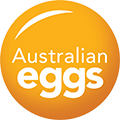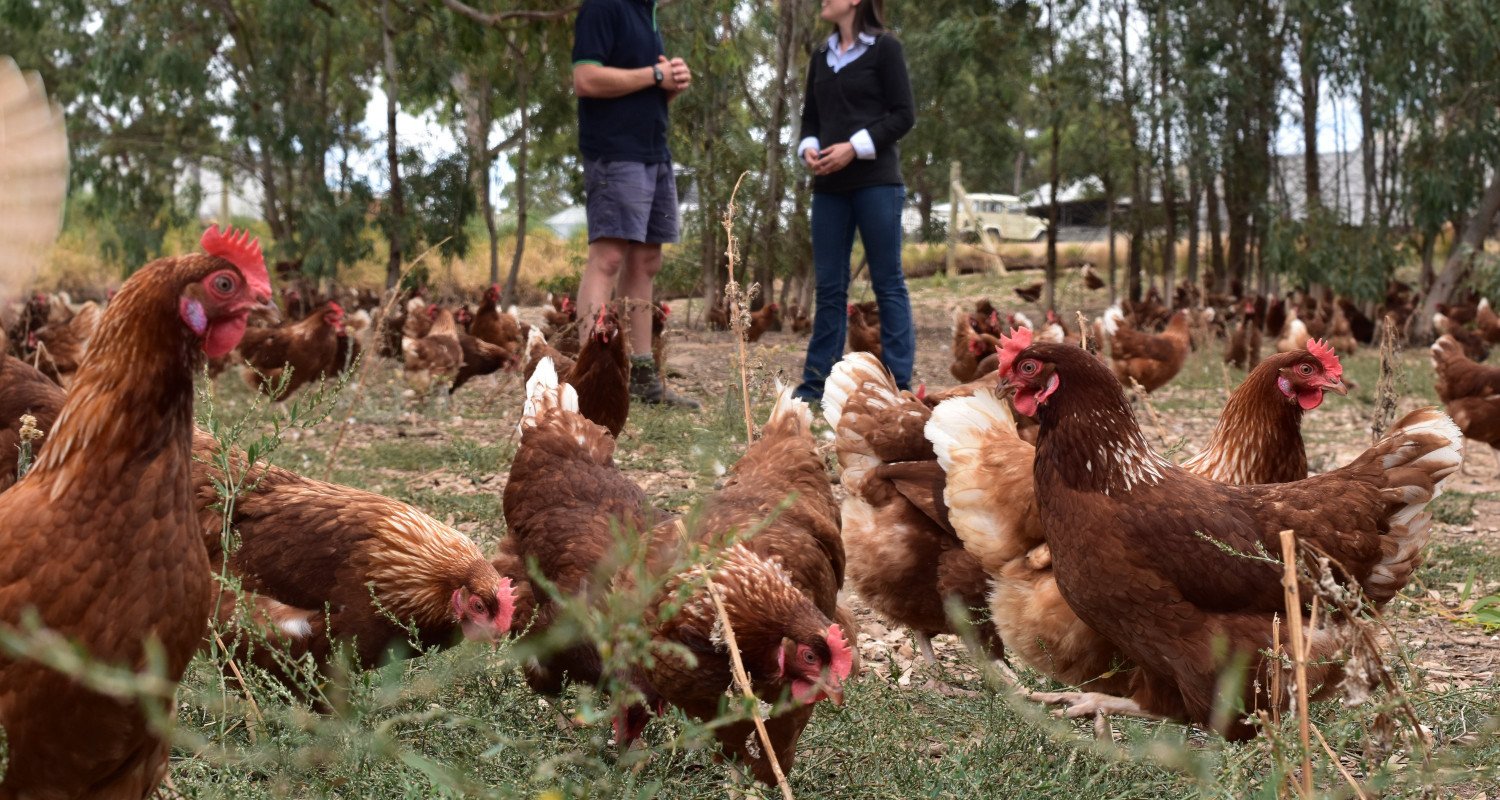
Optimisation of use of probiotics for control of Salmonella in hens
- Organisation The University of Adelaide
- Full Report
- Publication
- Researchers Samiullah Khan and Kapil Chousalkar
- Categories
Optimisation of use of probiotics for control of Salmonella in hens
Continuous feeding of a Bacillus based probiotic supplement can benefit the health of the layer flock. Probiotics and synbiotic supplementation can be an effective strategy for improving hen gut microbiota, which can prevent Salmonella shedding and have positive effects on food safety.
The aim of this project was to understand:
- How commercial probiotics and synbiotics play a role in the control of Salmonella, and
- How probiotics and synbiotics interact with gut microbiota in layer production systems
Both pen and field trials were conducted to understand the effects of short-term and strategic feeding of probiotics and synbiotics on Salmonella shedding.
The structure of gut microbiota was studied in the presence and absence of Salmonella Typhimurium infection.
The project found that:
- Short-term feeding of probiotics did not reduce the Salmonella shedding although early feeding of probiotics can modulate the development of gut microbiota.
- Exposure of chicks to non Typhoidal Salmonella serovars such as Salmonella Mbandaka and Salmonella Agona prior to Salmonella Typhimurium infection resulted in significant reduction in Salmonella Typhimurium.
- Continuous feeding of a Bacillus based probiotic supplement resulted in reduction of Salmonella Typhimurium shedding and also reduced bacterial load in vital organs.
- Continuous feeding of a Bacillus based probiotic improved egg internal quality during early lay. Further studies are essential to investigate the effects of continuous feeding of probiotics on the egg quality of flocks in mid to late lay.
- Periodic feeding (four weeks on and four weeks off) did not result in reduction of Salmonella Typhimurium shedding, which suggests that continuous feeding is beneficial.
- Partly, probiotics and synbiotics supplementation can be an effective strategy for improving gut microbiota that in turn enhances food safety. Further studies are essential to understand the effects of probiotics on the gut microbiota of hens raised in different housing conditions.
 >
> 